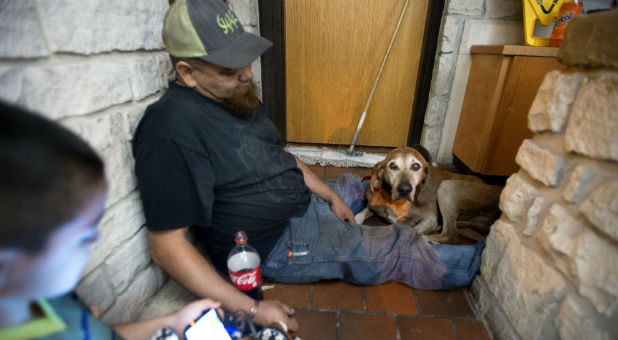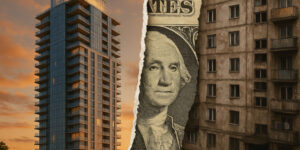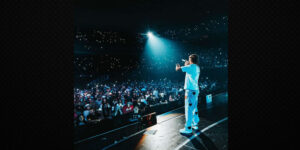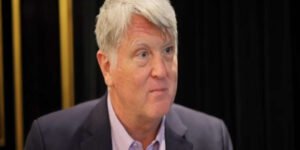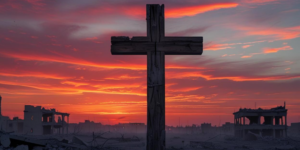What Harvey Reveals About the Authentic Church
What we’re seeing in Texas after Hurricane Harvey proves that disasters can bring out humanity’s best. There are heroic rescues, volunteers working around the clock, and donations and support flowing in from all corners of the country.
This kind of crisis is also the finest hour for the church. Reaching out to our neighbors in need is firmly in the Christian wheelhouse. Harvey showcases our selflessness, our embrace for all people, regardless of race, religion, ideology or even immigration status.
Churches across Houston are opening their doors to shelter displaced people. Some are doing more. Pastor Mike McGown and members of Parkway Fellowship Church in Katy, Texas, have been out in a Humvee and an inflatable raft rescuing stranded people in his community. Mike and his team are just as personally affected by Harvey as everyone in the greater Houston area, but they are reflexively living out the church’s role as a source of help and a place of refuge.
This is the American church at its best, representing the Jesus everybody loves. But too often, we embody a much less lovable version of Christianity. In times when there’s not a compelling crisis, we fall back on our more unattractive patterns: our tribal differences, judging those outside the church, and our never-ending skirmishes in the culture wars. These behaviors tend to push people away from Jesus.
It’s unfortunate that we need a disaster to remind us of who we really are. Jesus intended his church to be healers of human brokenness. He called us to rush toward suffering rather than avoid it, going to the hard places where no one else goes, loving those the world has overlooked.
In that way, churches are like white blood cells for the world. White blood cells, if you know your biology, account for just one percent of our blood, but they play an important role in battling viruses and bacteria that make us sick. The cells rush to the parts of the body that are in distress. They heal our wounds and fight our infections, restoring the body to wholeness.
The open sores of our society are not just brought on by natural disasters, but also hunger, poverty, injustice and exploitation. Jesus sends this church to be healing medicine to broken people who feel victimized, marginalized, and excluded. We’re Christ’s first responders, loving others in the selfless way God loves us—a witness just as powerful as words.
American churches act like white blood cells when they instinctively care for their neighbors in need. We’re seeing this now in Texas; we saw it in Louisiana after Hurricane Katrina. Congregations also organize casseroles and childcare when members are sick. In our cities, churches run food banks, soup kitchens and transitional housing for the homeless.
But just as white blood cells don’t discriminate between one infection over another, God doesn’t prioritize the hurt of His children by continent or zip code. Human suffering is all the same to God. And we, as His agents of healing, should seek to be the same way. Our neighbors aren’t just those literally around us but also people in opposite time zones. When we’re aware of their pain and have the means to help, we should respond.
I salute the powerful witness of churches during Hurricane Harvey. But let’s not let it be just a crisis mode and not just applied to our country. The church that rushes selflessly forth to soothe suffering wherever it happens is the real church. And it’s the one that represents the real Jesus, the source of our hope and the One who taught us how to love. {eoa}
Richard Stearns is president of World Vision U.S. and author of The Hole in our Gospel and Unfinished.



